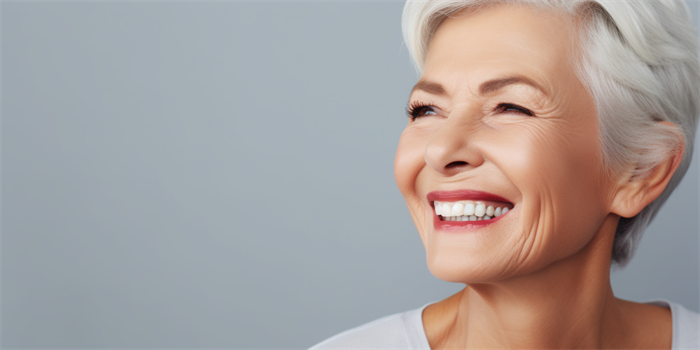Can I Eat Shrimp After Porcelain Veneers in Cork?
Porcelain veneers are a popular cosmetic dental procedure that can dramatically improve the appearance of your teeth. However, patients often have questions about their dietary restrictions following the procedure. One common query is whether it is safe to eat shrimp after getting porcelain veneers. This article will delve into various aspects of post-veneer care, including dietary considerations, to provide a comprehensive understanding of what to expect.

Dietary Considerations After Porcelain Veneers
Immediately after getting porcelain veneers, it is advisable to stick to a soft diet for a few days. This helps in ensuring that the veneers bond properly to the teeth and reduces the risk of damage. Shrimp, being a soft seafood, is generally safe to consume after the initial healing period. However, it is crucial to avoid biting into hard shells or using your teeth to open shrimp shells, as this can potentially damage the veneers.
Oral Hygiene and Veneers
Maintaining good oral hygiene is essential after getting porcelain veneers. This includes regular brushing and flossing to prevent plaque buildup and gum disease. Shrimp, while a healthy food choice, can sometimes get stuck between teeth and under veneers. Therefore, it is important to floss carefully after eating shrimp to ensure that no food particles remain trapped, which could lead to dental issues.
Potential Risks of Eating Shrimp with Veneers
Although shrimp is generally safe to eat after getting porcelain veneers, there are potential risks to be aware of. Hard or crunchy foods can cause chipping or cracking of the veneers. While shrimp itself is not hard, the way it is prepared and consumed can pose risks. For instance, shrimp with hard coatings or those served with shells can be problematic. It is always best to consult with your dentist about specific dietary guidelines to follow post-procedure.
Long-Term Care of Porcelain Veneers
Long-term care of porcelain veneers involves avoiding habits that can damage them, such as biting hard objects or using your teeth as tools. Shrimp, when consumed responsibly, does not pose a significant threat to the longevity of your veneers. However, maintaining a balanced diet and avoiding excessively hard or sticky foods is recommended to ensure the durability of your veneers.
Consultation with Your Dentist
Ultimately, the best course of action is to consult with your dentist about your dietary choices after getting porcelain veneers. Dentists in Cork are well-versed in providing personalized advice based on individual dental needs and the specifics of the veneer procedure. They can offer guidance on which foods to avoid and which are safe to consume, ensuring that your veneers remain intact and functional for years to come.
FAQ
Q: How long should I avoid hard foods after getting porcelain veneers?
A: It is recommended to avoid hard foods for at least a week after the procedure to allow the veneers to bond properly with your teeth.
Q: Can I eat sticky foods like caramel after getting veneers?
A: Sticky foods should be avoided as they can pull on the veneers and cause them to come loose. It is best to stick to softer, less sticky foods.
Q: Are there any specific cleaning techniques I should use to maintain my veneers?
A: Regular brushing and flossing are sufficient for maintaining your veneers. Using a non-abrasive toothpaste and a soft-bristled toothbrush is recommended to avoid damaging the veneers.
Q: How often should I visit the dentist for check-ups after getting veneers?
A: It is advisable to visit your dentist every six months for regular check-ups and cleanings to ensure the health and longevity of your veneers.
By following these guidelines and consulting with your dentist, you can enjoy a healthy and balanced diet, including shrimp, without compromising the integrity of your porcelain veneers.




